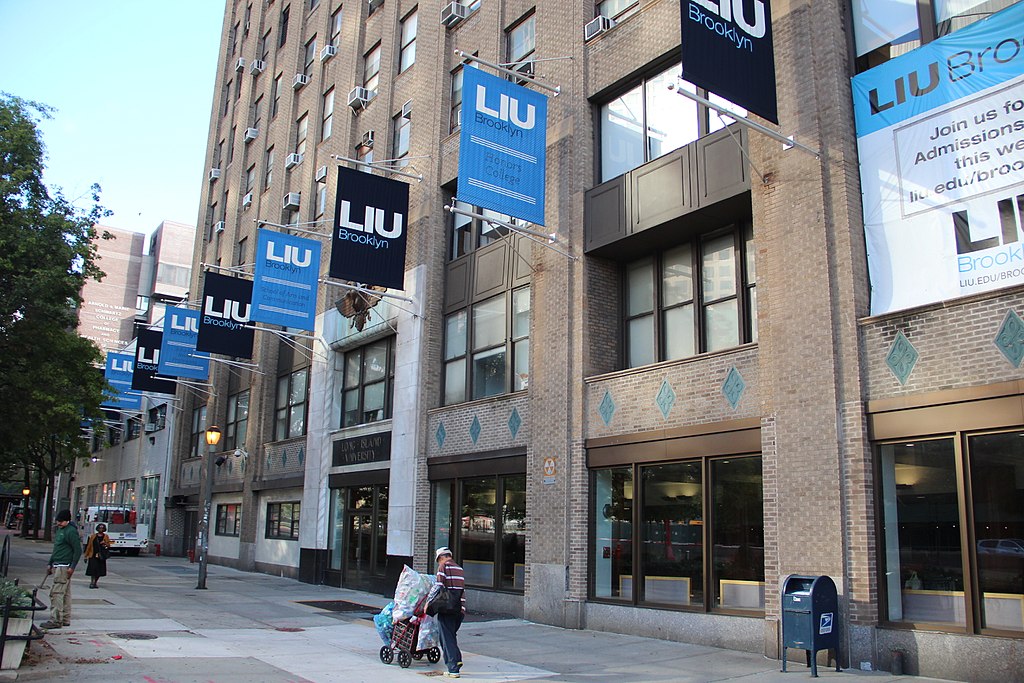What began as a dream—an education at Jay-Z’s Roc Nation School of Music, Sports & Entertainment—has turned into a financial strain for some of its earliest students, who now say the program’s marquee scholarships came with costly surprises. Just as enticing as the financial prospects, were the promises that the students enrolled in the program would get to meet and perhaps work with, luminaries such as Rihanna and the Jonas Brothers. That too never materialized.
In 2020, Long Island University and Roc Nation announced the creation of the Hope Scholarship: a promise of full tuition for 25% of the incoming class at the newly launched school in Brooklyn. The announcement, made with fanfare and widespread media attention, was interpreted by many as a life-changing opportunity—particularly for students from underserved communities.
But nearly four years later, as Gothamist reported, several recipients say they were blindsided by out-of-pocket expenses and inconsistent scholarship renewals. Despite the public branding of a “full ride,” students have found themselves on the hook for thousands of dollars in housing, fees, and unanticipated tuition gaps.
Mahlia Wilkerson, one of the inaugural Hope scholars, moved from California to Brooklyn with the understanding that her tuition would be entirely covered. Her financial aid letter initially reflected the scholarship, but just before the fall 2021 semester began, she received an unexpected bill for over $12,000 in housing. Her appeals to LIU administrators went unanswered. By sophomore year, she was working three jobs to stay enrolled.
“I felt misled,” she told Gothamist. “They advertised one thing and delivered another.”
Wilkerson’s experience is not isolated. The language used in the initial announcement of the Hope Scholarship promised full tuition to one in four students. But in practice, the financial aid packages have varied widely. Some students received aid only for their first year. Others saw their awards reduced without warning.
Adding to the confusion was Roc Nation’s high-profile involvement. Many students say they believed Jay-Z’s company was directly funding their scholarships. But a spokesperson for Roc Nation told Gothamist the company does not administer financial aid and declined to say whether it contributed financially to the program.
LIU, for its part, has maintained that students were clearly informed about the terms of their awards. In a statement, the university said all Hope Scholarship recipients were notified of the duration and amount of aid they would receive. It did not respond to detailed questions about why some awards changed midstream.
The Roc Nation School launched with significant media buzz, leveraging Jay-Z’s name and star-studded guest appearances—including rapper Saweetie and producer 9th Wonder—to attract students. Many enrolled believing they were joining an elite, industry-connected program with financial support to match. Instead, some now face mounting debt or have left the university altogether.
At least one student who began as a Hope scholar told Gothamist she dropped out after losing her aid and being unable to cover the shortfall. Wilkerson, now a junior, says she’s proud of what she’s accomplished at the school—but she wishes the institution had been more transparent.
“It shouldn’t be this hard to stay in a program that was supposed to support you,” she said.












